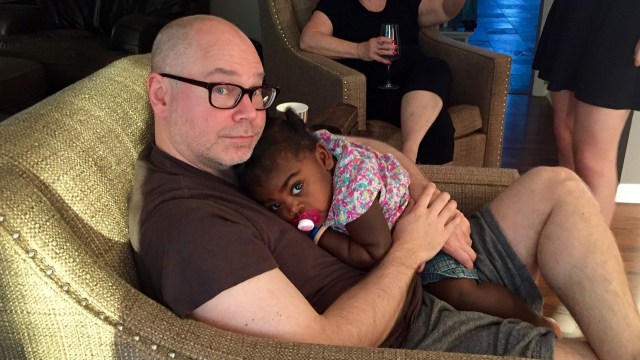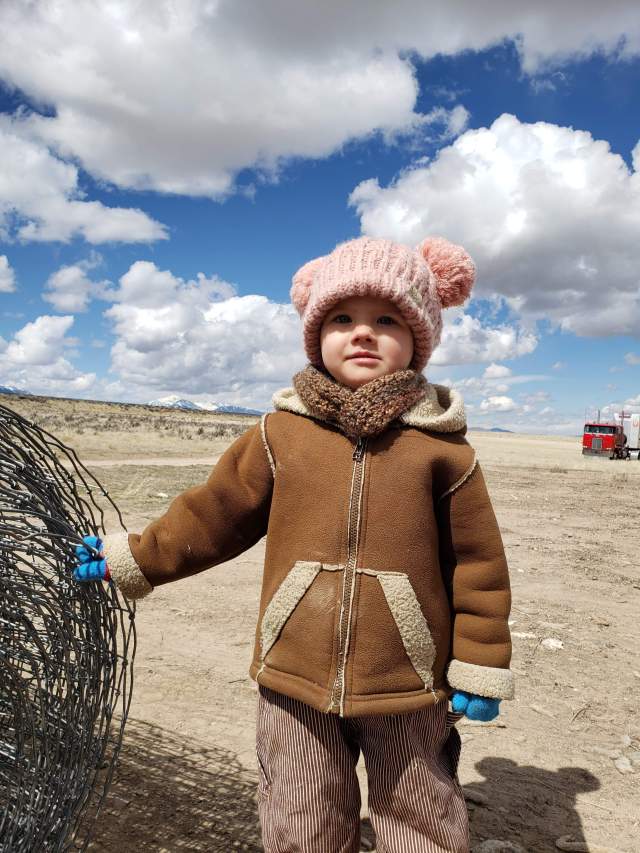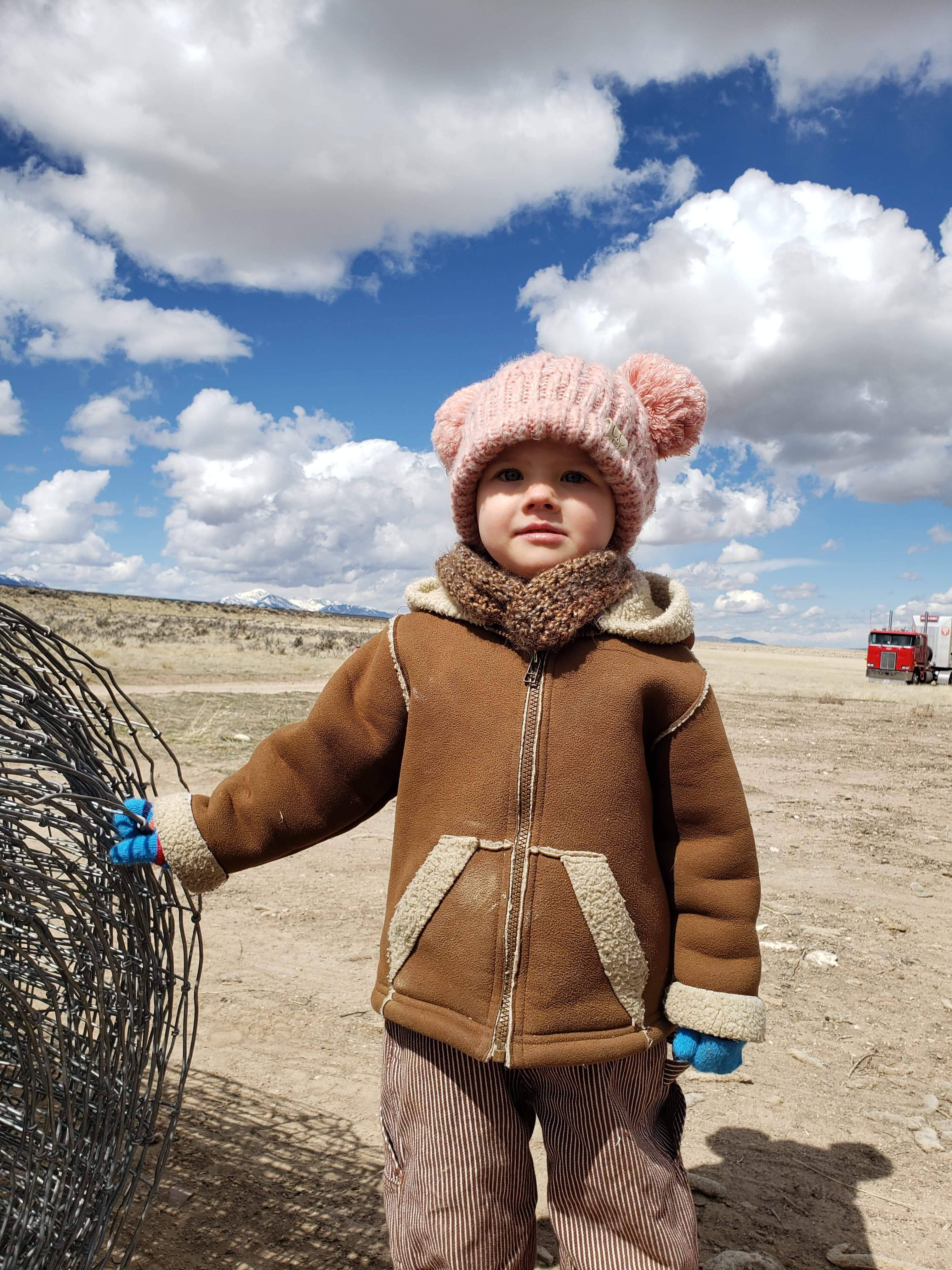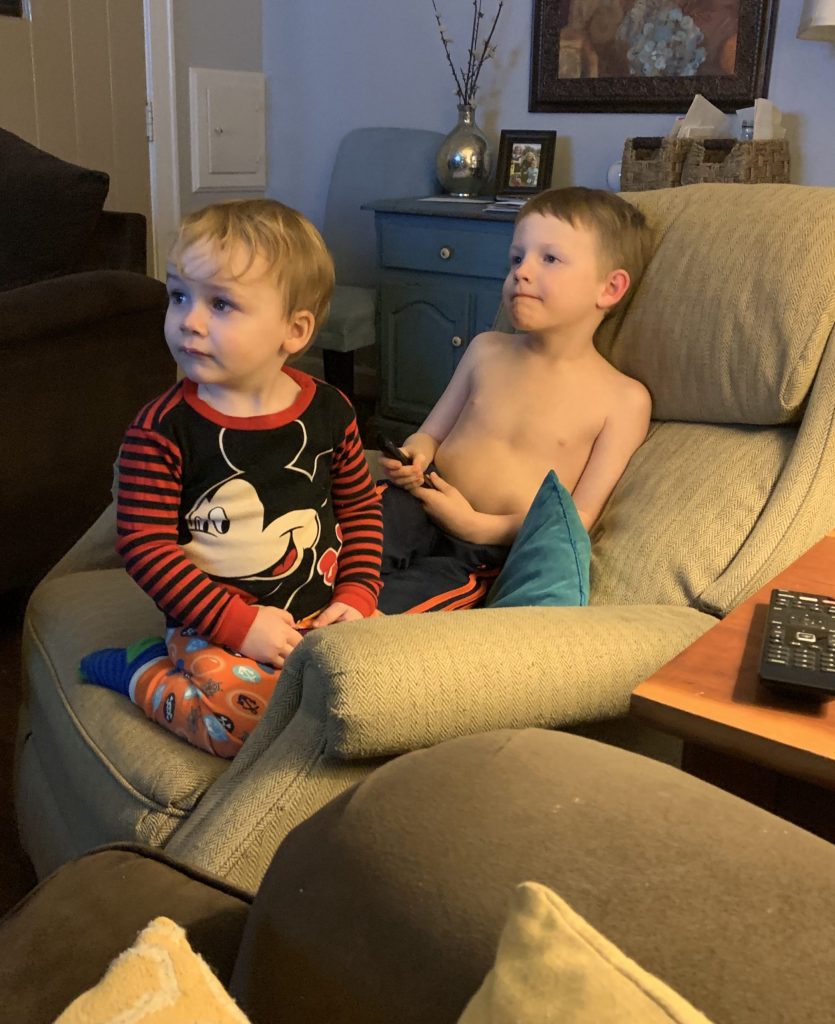Some days we wish we could escape on a shiny red trolley to the Neighborhood of Make-believe, where a kind-hearted man in a zip-up sweater explains away all the scary things happening in the world. It’s a beautiful day in the neighborhood when you remember these important words of wisdom. Read on for some of our favorite Fred Rogers quotes about kindness, compassion and empathy.
1. Fred Rogers on Strength

"Most of us, I believe, admire strength. It's something we tend to respect in others, desire for ourselves, and wish for our children. Sometimes, though, I wonder if we confuse strength and other words--like aggression and even violence. Real strength is neither male nor female; but is, quite simply, one of the finest characteristics that any human being can possess."
2. Fred Rogers on Important Historical Events
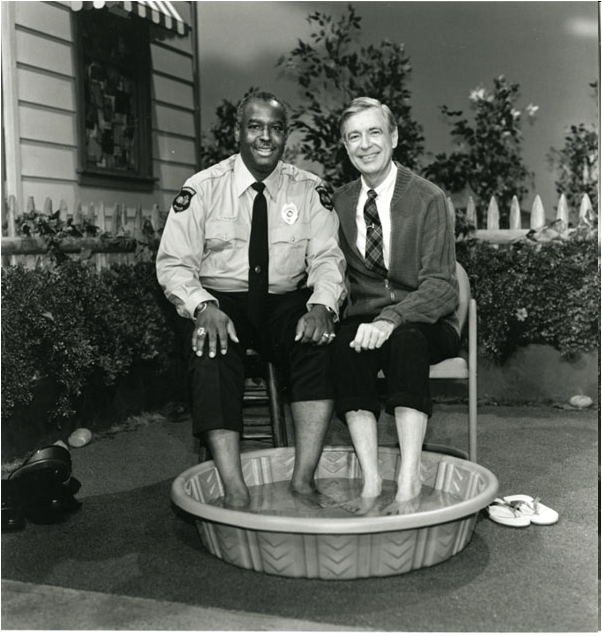
"A high school student wrote to ask, 'What was the greatest event in American history?' I can't say. However, I suspect that like so many 'great' events, it was something very simple and very quiet with little or no fanfare (such as someone forgiving someone else for a deep hurt that eventually changed the course of history). The really important 'great' things are never center stage of life's dramas; they're always 'in the wings.' That's why it's so essential for us to be mindful of the humble and the deep rather than the flashy and the superficial."
3. Fred Rogers on Humankind
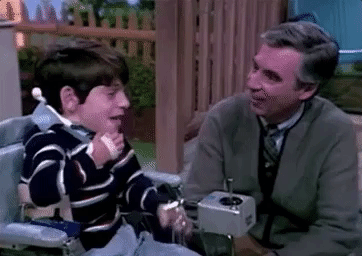
"One of the greatest dignities of humankind is that each successive generation is invested in the welfare of each new generation."
4. Fred Rogers on Forgiveness
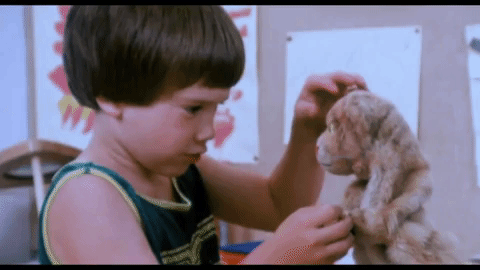
"Forgiveness is a strange thing. It can sometimes be easier to forgive our enemies than our friends. It can be hardest of all to forgive people we love. Like all of life's important coping skills, the ability to forgive and the capacity to let go of resentments most likely take root very early in our lives."
5. Fred Rogers on Sharing Responsibility

"We live in a world in which we need to share responsibility. It's easy to say, 'It's not my child, not my community, not my world, not my problem.' Then there are those who see the need and respond. I consider those people my heroes."
6. Fred Rogers on Seeing Scary Things on the News
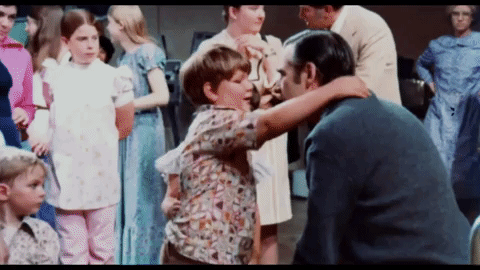
"When I was a boy and I would see scary things in the news, my mother would say to me, 'Look for the helpers. You will always find people who are helping.' To this day, especially in times of 'disaster,' I remember my mother's words, and I am always comforted by realizing that there are still so many helpers--so many caring people in this world."
7. Fred Rogers on Saying "Yes"

"I hope you're proud of yourself for the times you've said 'yes,' when all it meant was extra work for you and was seemingly helpful only to somebody else."
8. Fred Rogers on Embracing Our Feelings

"There's no 'should' or 'should not' when it comes to having feelings. They're part of who we are and their origins are beyond our control. When we can believe that, we may find it easier to make constructive choices about what to do with those feelings."
9. Fred Rogers on Facing Sadness & Anger
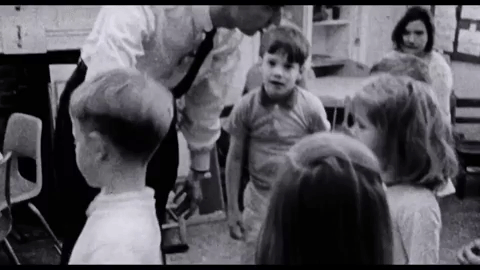
"Confronting our feelings and giving them appropriate expression always takes strength, not weakness. It takes strength to acknowledge our anger, and sometimes more strength yet to curb the aggressive urges anger may bring and to channel them into nonviolent outlets. It takes strength to face our sadness and to grieve and to let our grief and our anger flow in tears when they need to. It takes strength to talk about our feelings and to reach out for help and comfort when we need it."
10. Fred Rogers on What Makes Us Special

"As human beings, our job in life is to help people realize how rare and valuable each one of us really is, that each of us has something that no one else has—or ever will have—something inside that is unique to all time. It's our job to encourage each other to discover that uniqueness and to provide ways of developing its expression."
11. Fred Rogers on Love

"Love isn’t a state of perfect caring. It is an active noun like struggle. To love someone is to strive to accept that person exactly the way he or she is, right here and now."
12. Fred Rogers on Being True to Yourself

"One of the greatest gifts you can give anybody is the gift of your honest self. I also believe that kids can spot a phony a mile away."
13. Fred Rogers on What Matters Most
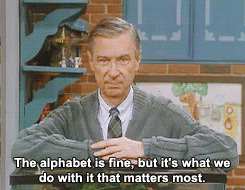
"What matters isn't how a person's inner life finally puts together the alphabet and numbers of his outer life. What really matters is whether he uses the alphabet for the declaration of a war or the description of a sunrise--his numbers for the final count at Buchenwald or the specifics of a brand-new bridge."
Now head out into the world and make a snappy new day for yourself.










